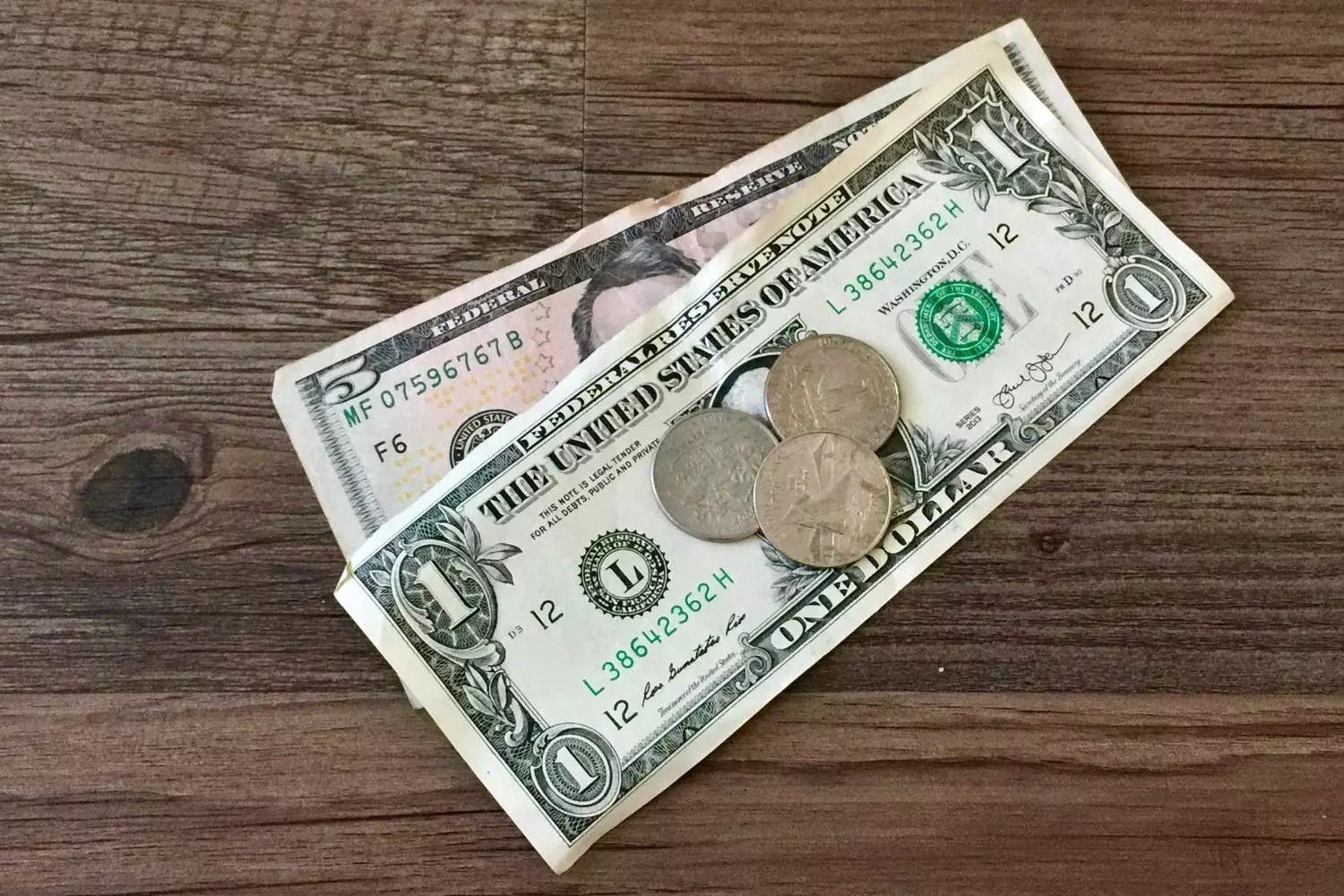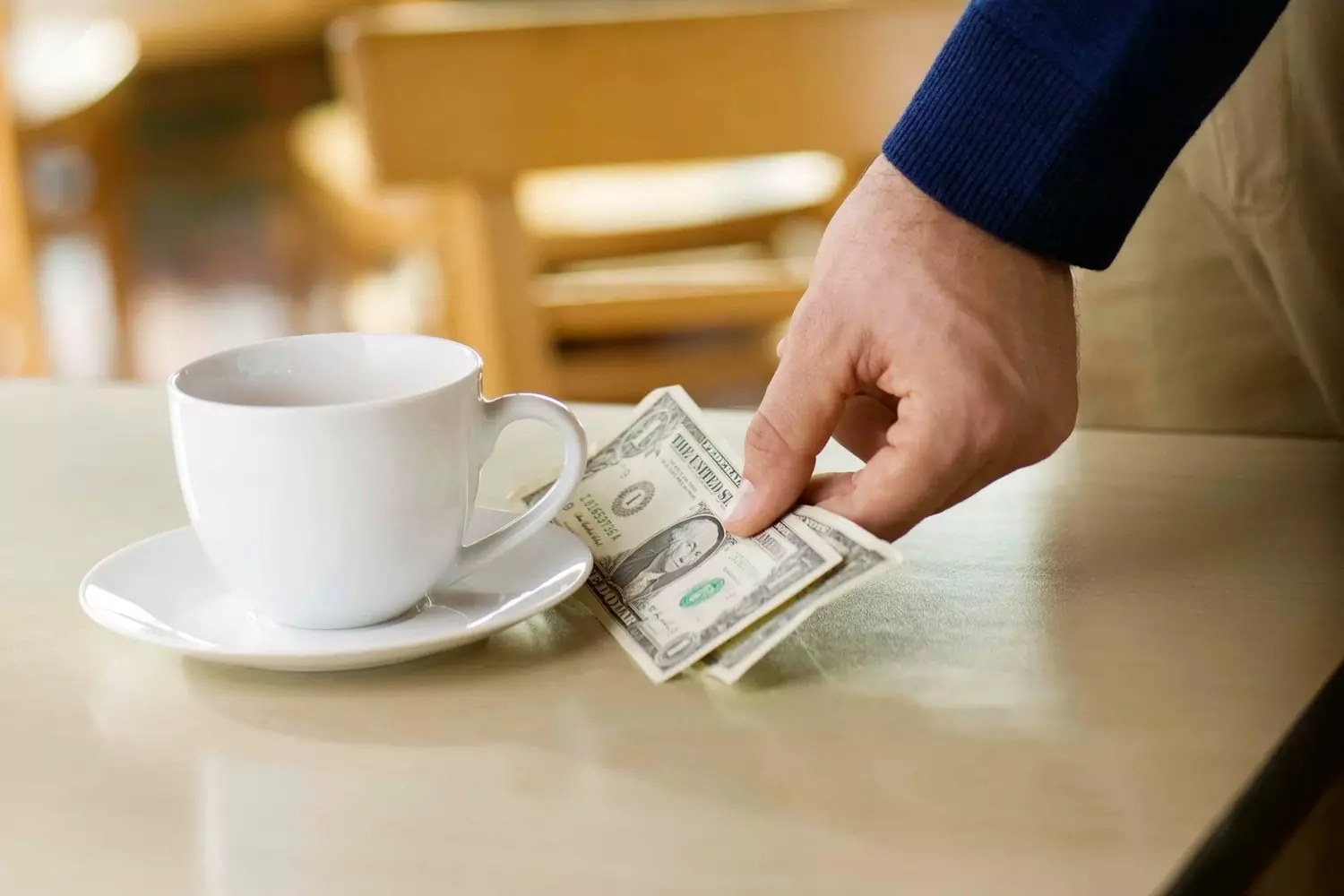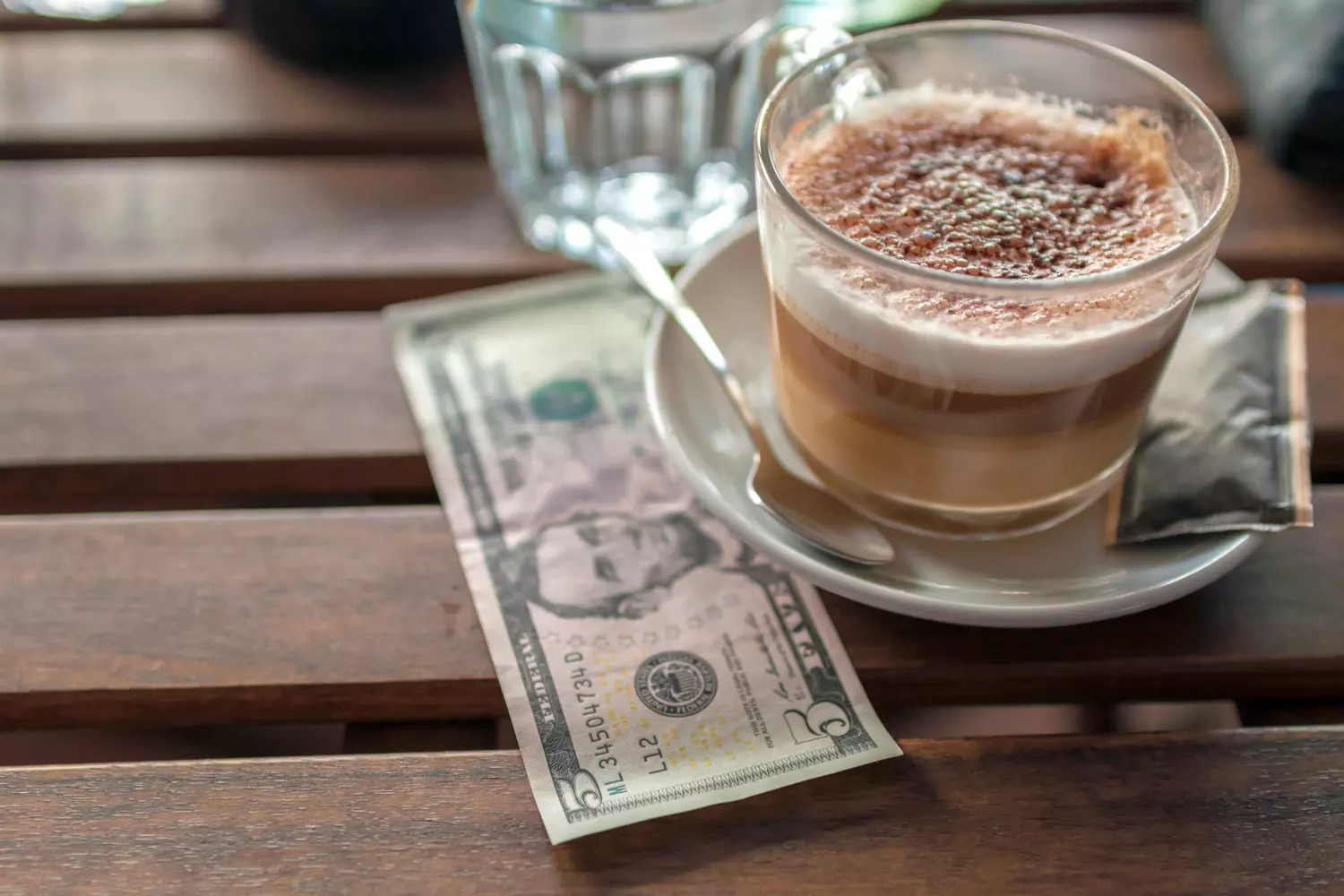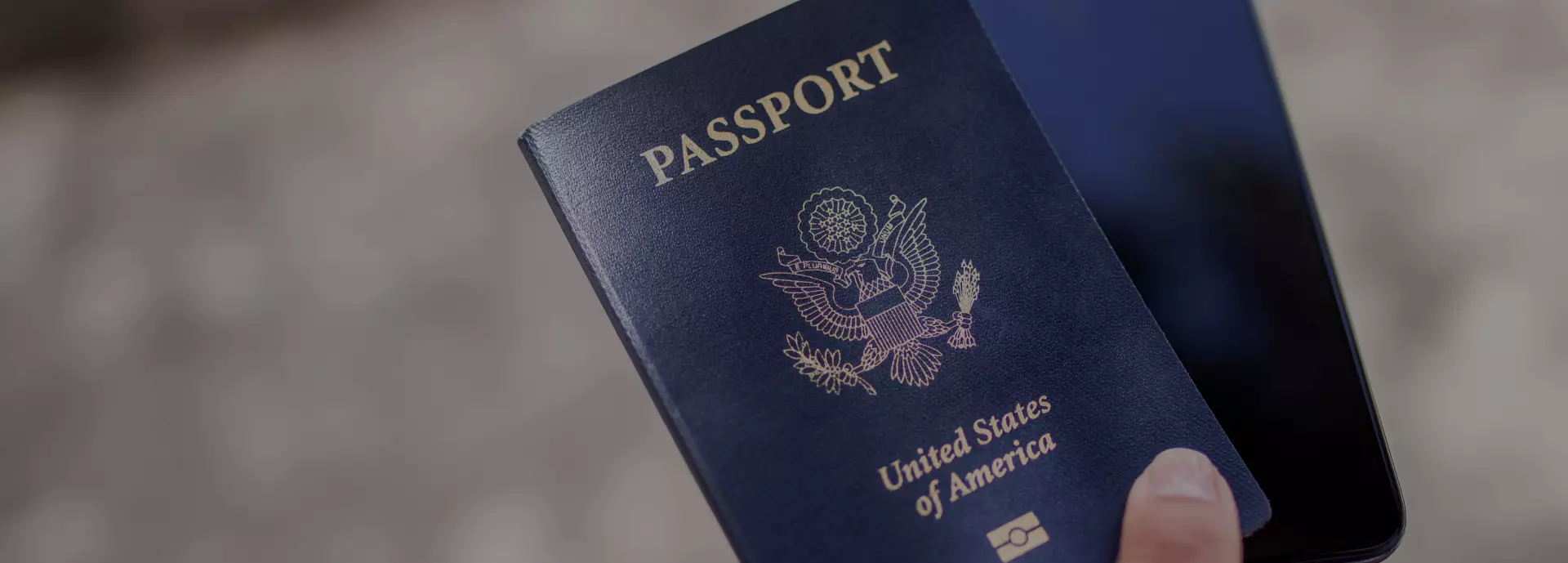A voluntary act of generosity in the USA has long become an obligatory part of the service. And since this is the case, it’s worth diving into the topic in more detail. Why are tips called "tips" and why are they necessary? Where did this tradition come from? How much tip is really required and why is the standard 18%?
American Butler answers and educates: we’ve tackled this issue and are ready to tell you everything about tipping. We’ve also included a big and handy chart on tipping amounts around the world — it will come in handy! Read the article, and you’ll find out where and how much you should leave in the USA to avoid looking cheap or stingy.

Tips: What tea are you talking about?!
The word "tip" does not refer to money for purchasing tea, and it's only indirectly related to tea itself. It comes from an old English tradition of rewarding waitresses in tea houses — for a promised "off-the-record" bonus, the staff would serve drinks to customers more quickly.
Many mistakenly believe that the word tips, the English term for gratuities, is an abbreviation for "to insure prompt service", meaning "for ensuring prompt service." In fact, it is a noun derived from the Old English verb tip — "to give".
Gratuities can also be referred to as gratuities — "rewards, bonuses." The bill may list a fixed amount or a percentage that is traditionally left as a reward for the establishment's staff. More often, this line on the check is blank — you fill in the amount yourself and sign it before handing over the check and payment.

The culture of tipping isn't as developed in Eastern Europe and the former USSR. Adjusting to this can be challenging, but it's necessary.American Butler
Cash or Card?
You can pay tips by card, but in this case, your money is very likely to go to the business owner's account, not to the staff's pockets. Therefore, cash tips are much more appreciated.
The essence of tipping lies in the fact that tips make up a significant portion of the income for waiters, housekeepers, and other service workers. The salaries for these professions are either very low or nonexistent, and they primarily exist through tips.
Interestingly, tips are also taxed, as they are considered official income. This is believed to help incentivize staff to provide high-quality services. That’s why everyone strives to receive tips in cash and keep them for themselves.

What you need to know about dollar bills
About Tipping Amounts
The generally accepted tip norm is 15-18%, or a few dollars if the establishment is not very upscale. There is even a kind of "standard" for tipping — 18%. This tradition originated in New York, where the average tax rate is 8.8%. Thus, the customer slightly rounds up the percentage and doubles it, covering both the tax and leaving a tip as a bonus for the staff.
Leaving less than 10% of the bill amount is considered an unspoken faux pas in the USA. Of course, it won’t cause a scandal, but at the very least, you’ll be asked what exactly you didn’t like so much that you withheld your tip.
But it’s not that simple — different service sectors have their own tipping rates. Let’s talk in more detail about where and how much you’ll need to leave from your hard-earned money, and where you don’t need to tip at all.

Where and how do we leave tips
Restaurants
The standard tip amount is 15-20%. In fine dining establishments, it is customary to leave 20-25%. Sometimes a small service charge is already included in the bill, but additional money from you is still expected by the waitstaff.
If you visit a restaurant with a large group (4-5 people or more), the tip is usually automatically added to the bill. This line will be labeled as "gratuity" or "service charge" and typically amounts to 18% of the total order.
Cafes, bars, fast food places
In cafes, the tipping policy is more flexible — you can simply round up the bill and not calculate a separate tip. However, the staff will be much more welcoming next time if you leave 10-15% of the bill as a tip.
In bars, it is customary to add $1-2 to the cost of each ordered drink. The same $1-2 addition to the bill is given to fast food restaurant workers.
Taxi
For short rides, rounding up the fare is common. If the trip lasts longer than 5-10 minutes, taxi drivers expect a tip of 10-15% of the fare. This applies even to pre-booked and paid transfers or complimentary shuttle services.
Hotels, hotels
In hotels, nearly every service entails a tip. For example, housekeepers are typically given about $2 per day — this "transaction" occurs daily, just leave the money in a visible place. A porter costs $1 per bag, while a doorman is usually thanked with $2 for hailing a taxi. Valet services cost about $3 when retrieving your car from the parking. Concierge tips can vary depending on the services provided, but the average is between $3-5.
Coat checks
Even if the coat check is complimentary, you should tip the coat check attendant $1 for each coat or jacket you check.
Food Delivery Services
For example, it's customary to tip a pizza delivery person an additional $1-2 on top of the order total, unless the delivery is late, in which case you might choose not to tip at all.
Generally, tips are appreciated everywhere. However, they should not be offered in hospitals, government institutions, police stations, or at establishments selling takeout food.
Where how much they give — tips in the world
The culture of tipping exists in many countries, but it differs slightly everywhere. We've gathered the main information about tip amounts in a handy table. It will be useful both for those who are traveling and for those simply curious to compare.
USA:
- Cafes, restaurants — 15-25%;
- Taxi — at least 15%;
- Housekeepers — from $2 per day;
- Porters — $1-2 per suitcase;
- Other services — at least 10-15%.
Canada — 1 Canadian dollar = $0.94:
- Cafes, restaurants — 10-15%;
- Taxi — 10-15%;
- Housekeepers — $1-2 per day;
- Porters — $0.75-2.5 depending on the hotel level;
- Other services — 15% at beauty salons.
Australia:
- Cafes, restaurants — 5-10% (optional);
- Taxi — You can leave the change for the driver;
- Housekeepers — not customary;
- Porters — not customary;
- Other services — not customary.
United Kingdom — 1 British pound = $1.4:
- Cafes, restaurants — 10-15%. In bars, you “treat” the bartender with a drink (paying for it);
- Taxi — 10-15% (optional);
- Housekeepers — £10-25 per week;
- Porters — £0.5-1 per suitcase;
- Other services — £2 at beauty salons.
Central and Southern Europe:
- Cafes, restaurants — 3-15% or rounding up the amount (in Scandinavia, it's not customary);
- Taxi — 5-10% (in Scandinavia, it's not customary);
- Housekeepers — €1-2 (optional);
- Porters — about €1 (optional);
- Other services — not customary.
South American countries:
- Cafes, restaurants — about 10% at restaurants, in cafes and bars you may not need to leave a tip;
- Taxi — the bill is rounded up;
- Housekeepers — $1-2 per day;
- Porters — about €1 (optional);
- Guide — $2-3;
- Concierge — $8-10;
- Gas station staff — $0.5-1;
- Beauty salons — 10%.
Turkey, Egypt, UAE, Tunisia, and other Arab countries:
- Cafes, restaurants — 10% (another 10-15% may already be included in the bill);
- Taxi — the bill is rounded up;
- Housekeepers — $1-2;
- Porters — $1-2;
- Guide — $1-2 per person for tours;
- Other services — $2-5 in a special tip-box (this forms part of the staff's salary).
China, Japan:
No tipping at all: it's considered an insult, a rebuke for low salaries or a bribe.
African countries:
For anything, and as much as you like — the more, the better.

Now you can easily figure out who, how much, and for what you should tip. To learn more useful information, check out our other publications about life in the USA on our website.
American Butler does everything possible to make your stay in the U.S. comfortable and enjoyable. We gather the most valuable information for you and are always ready to assist with tour organization, excursion programs, and transfers. You can always contact our specialists through the chat window and ask any questions you may have.




































